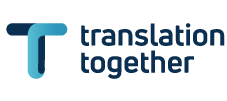Boundary Crosser: Breaks down disciplinary silos and collaborates with others across research areas and professions to collectively advance the development of a medical intervention.
Being a translational scientist requires venturing beyond one’s own research discipline or professional domain to gain an understanding of the fundamental knowledge, methodologies, and priorities of all other disciplines and domains involved in a translational research project. The institutional structures and incentive structures within academia and other large scientific organizations often deincentivise data sharing, multidisciplinarity, and trans-disciplinary collaboration. An effective translational scientist seeks to break down those barriers and push the historical boundaries between disciplines.
As with the more commonly understood meaning of translation among the general public, one must also be able to speak and comprehend the native language of those disparate domains and translate one’s own disciplinary jargon into a language that can be understood by others. An effective translational scientist should be an interpreter of the multiple languages of biomedical, clinical, and public health research for those translational team members caught up in their silos. With this broad knowledge, a translational scientist can most effectively design their research program to align with the interests and requirements of the researchers up and downstream, to enable a seamless transition between translational phases.
adMare
FioCruz
- Innovation in Drugs based on Biodiversity
- CDTS Webinar Series
- Introduction to Innovation Management in Biodiversity Drugs
- Masters Program on Clinical and Translational Research
NCATS
- CLIC: Education and Career Development Gateway
- CLIC-Diamond
- MEDI 501: Principles of Preclincal Translational Science
- NCATS Toolkit for Patient-Focused Therapy Development
- NCATS/FDA-CDER Gene Therapy Workshops
- Rare Diseases Day at NIH
- Rare Diseases Registry (RaDaR)
- Translational Science Interagency Fellowship
- NCATS Intramural Research Training Opportunities
- Clinical and Translational Science Awards Program
Therapeutic Innovation Australia


